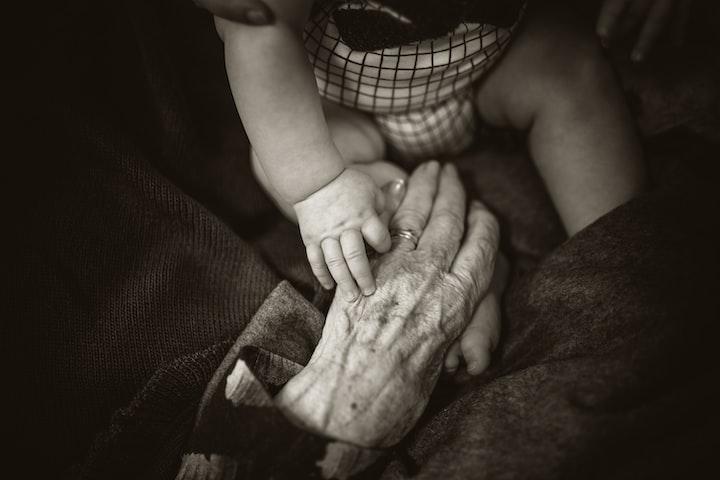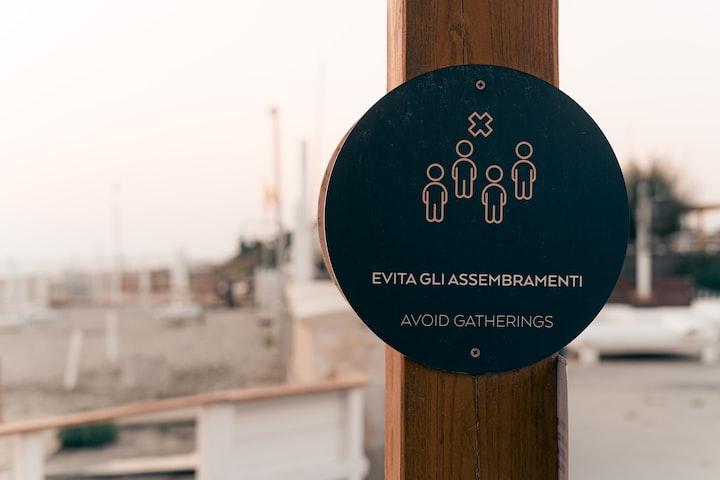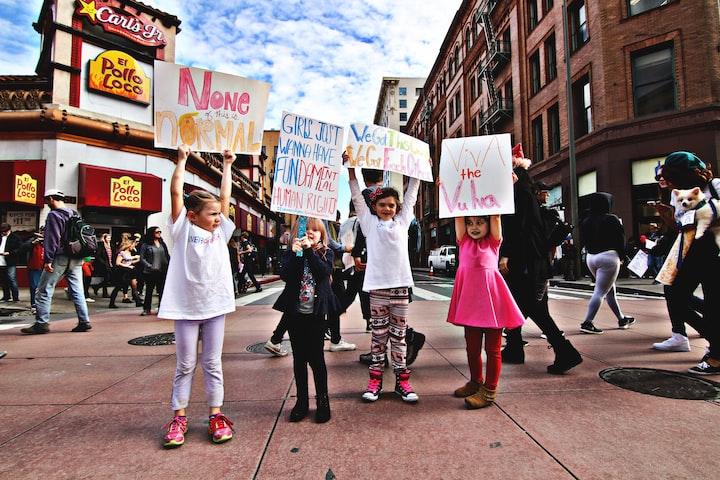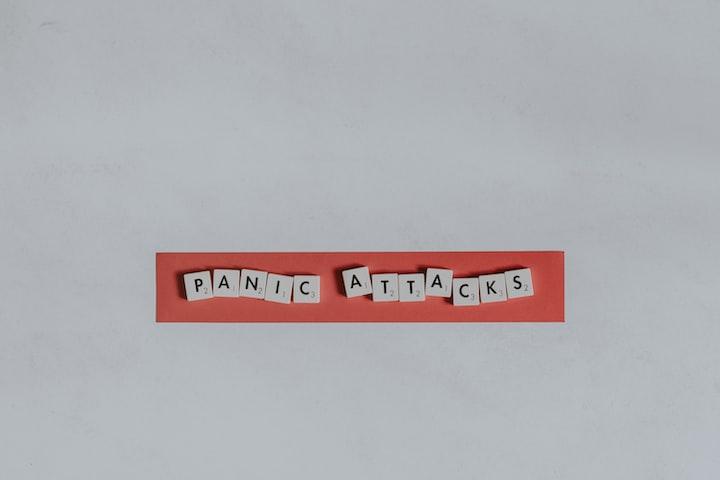How Do You Beat a Mental Illness?
Mental illness is a broad term that refers to a wide variety of mental health conditions. Mental illnesses can affect anyone, at any age, and from any background. They are real, serious, and treatable medical conditions that often have a profound impact on people’s lives.
Mental illnesses are caused by a complex interaction of factors, including biological factors (such as genes), psychological factors (such as stress or trauma), and social factors (such as poverty or social isolation). Treatments for mental illness often include medication, therapy, and support from family and friends. Recovery is possible, and most people with mental illness go on to lead full and productive lives.
If you or someone you know has a mental illness, there are many things you can do to help. The first step is to seek professional help from a qualified mental health provider. You can also provide emotional support to your loved one by listening without judgment, offering encouragement, and helping them find resources and information about their condition. Finally, take care of yourself – managing stress in your own life will make it easier for you to support someone else who is dealing with mental illness.
Read More »How Do You Beat a Mental Illness?






